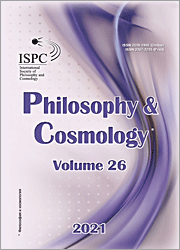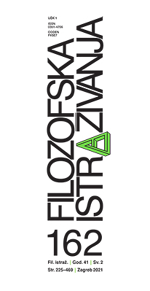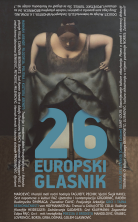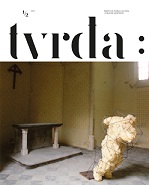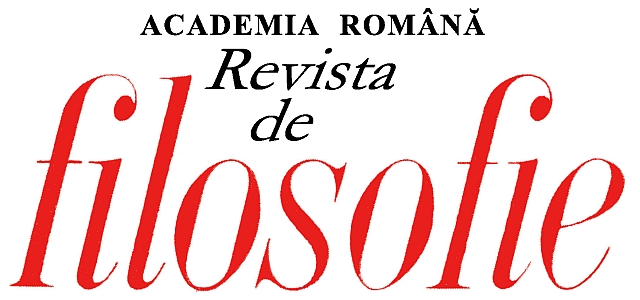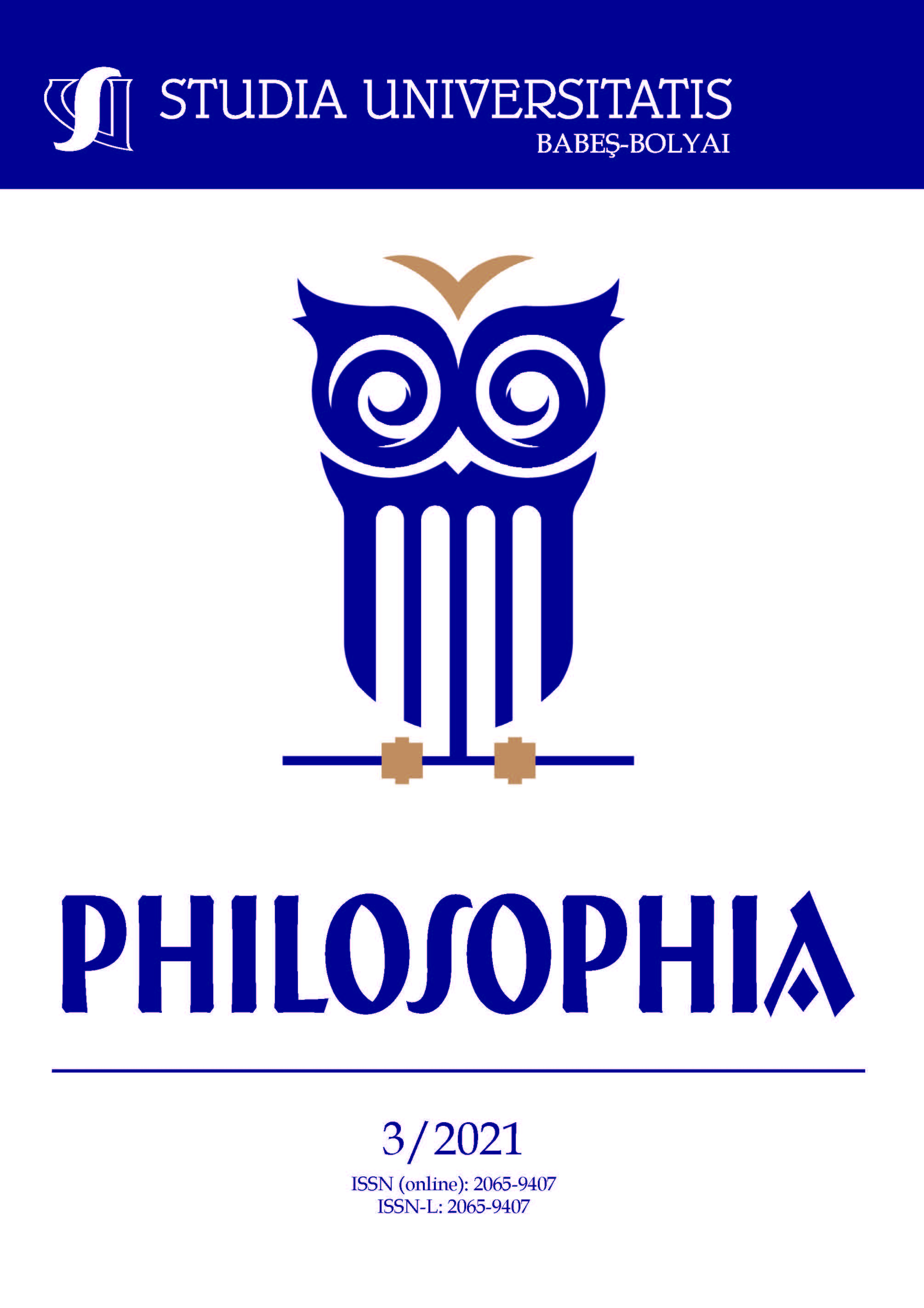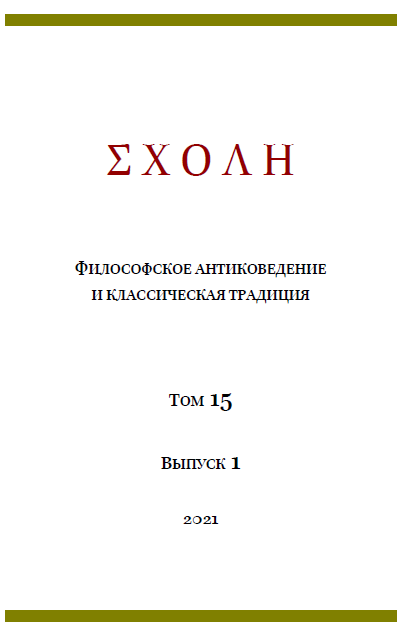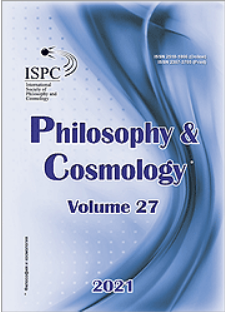
The Assessment of Knowledge, or Whether We Possess Knowledge or Twofold Ignorance about Our Place in the Universe
The article aims to investigate the notion and foundation of the concept of knowledge to assess our place in the Universe via understanding of ourselves. The components of knowledge are discussed, aiming at clarifying what exactly the knowledge consists of. Several dialogues of Plato pose certain questions on the nature of knowledge, and here particularly Meno and Alcibiases-1 are taken into consideration, as well as Proclus’ Commentary on Plato’s Alcibiades-1. It is impossible, according to Plato, to learn anything at all if we lack knowledge about ourselves, as it is shown in “Alcibiades-1.” Despite being relatively short, the dialogue is considered by some ancient scholars to be the introduction to the whole philosophy of Plato, according to Proclus’ Commentary on the dialogue. As a result, it has been inferred that there is no proof that gives us the right to assert that we possess any reliable knowledge in general, following the example on the authenticity of the dialogue in particular. This is why a parallel question, the authenticity of Alcibiades-1, is being discussed here on the basis of Proclus’ work in order to define the concept of “lost knowledge” and to consider the possibility of how certain knowledge can become lost. Excerpts from the first Ukrainian translation of the aforementioned Plato’s dialogues (yet to be published) and from Proclus’ Commentary are given to provide proof for given statements. Pavlo Sodomora provides translation from ancient Greek into Ukrainian.
More...
